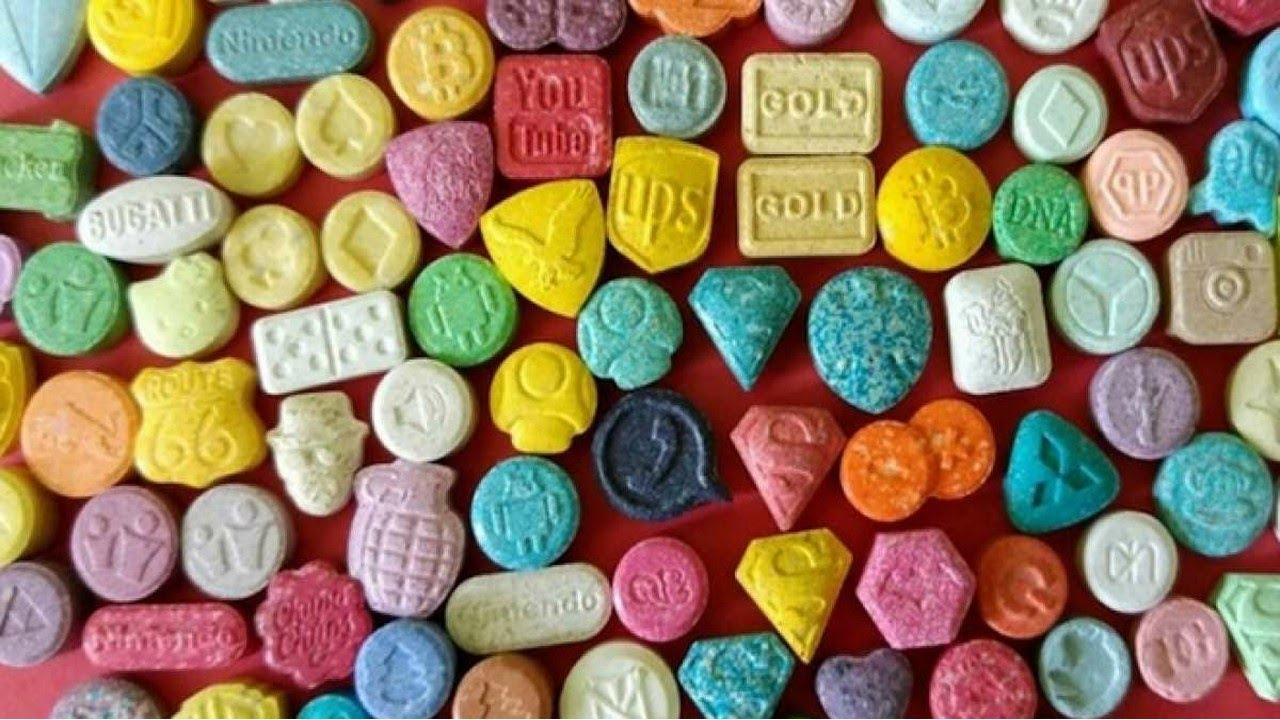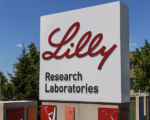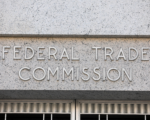The U.S. Food and Drug Administration (FDA) has denied approval for the use of MDMA, a psychedelic drug commonly known as ecstasy or molly, for treating post-traumatic stress disorder (PTSD). The drug, developed by Lykos Therapeutics, was intended to be used in combination with talk therapy to help individuals suffering from PTSD. However, the FDA raised concerns about the limited clinical data provided, particularly questioning whether psychotherapy contributes to the drug’s effectiveness and whether it is necessary.
The FDA emphasized that the lack of sufficient data prevented them from determining that the drug is both safe and effective for its proposed use. The agency’s decision was influenced by an earlier vote from an expert panel, where the majority expressed doubts about the drug’s overall benefits. In a June panel, 10 out of 11 FDA advisers voted against the effectiveness of MDMA in treating PTSD, citing issues such as the potential lack of long-term benefits, the design of the studies, and the risks associated with heart problems, injury, and abuse.

Lykos Therapeutics expressed disappointment over the FDA’s decision, noting that additional research could take years to complete. The company highlighted the frustration of millions of Americans with PTSD who have seen few new treatment options in over two decades. Despite the setback, Lykos Therapeutics plans to continue working with the FDA to address the agency’s concerns.
This is the first time the FDA has considered a psychedelic drug for medical use. Currently, MDMA remains classified as a Schedule I drug under the Controlled Substances Act, alongside substances like cocaine, heroin, and cannabis, which are defined as having no accepted medical use and a high potential for abuse.


















